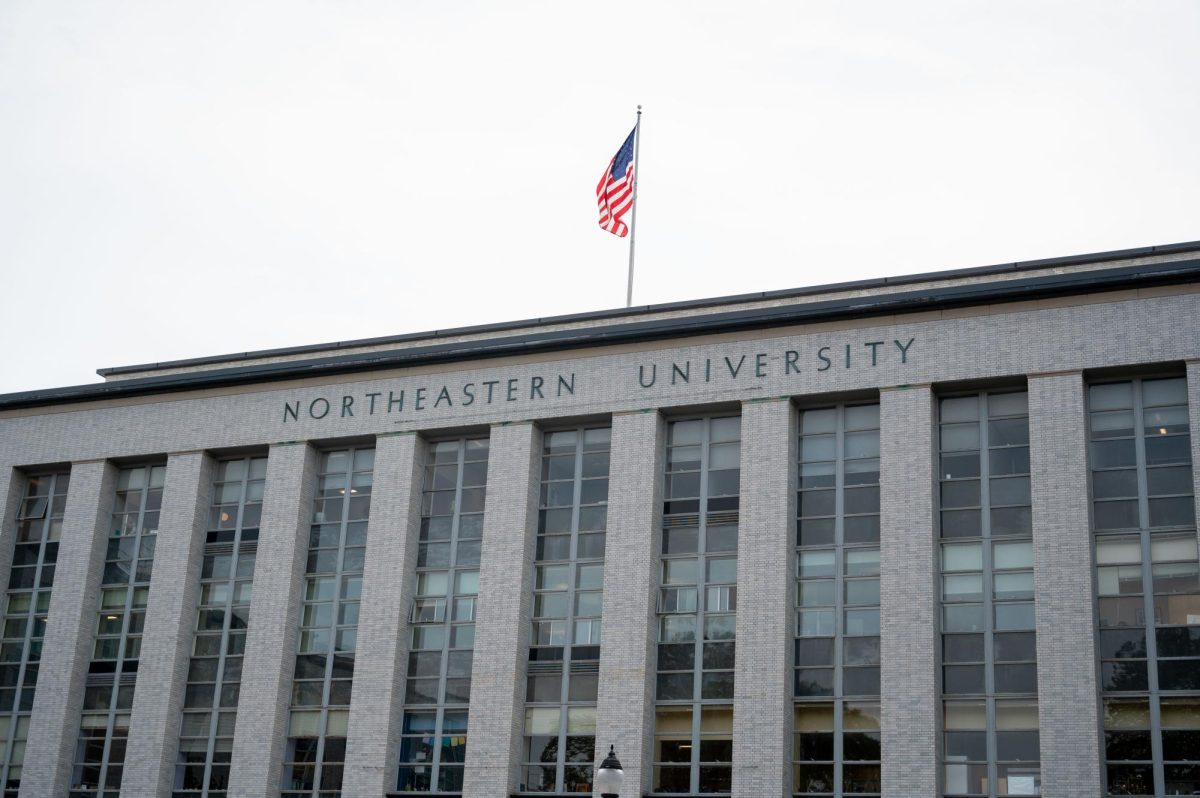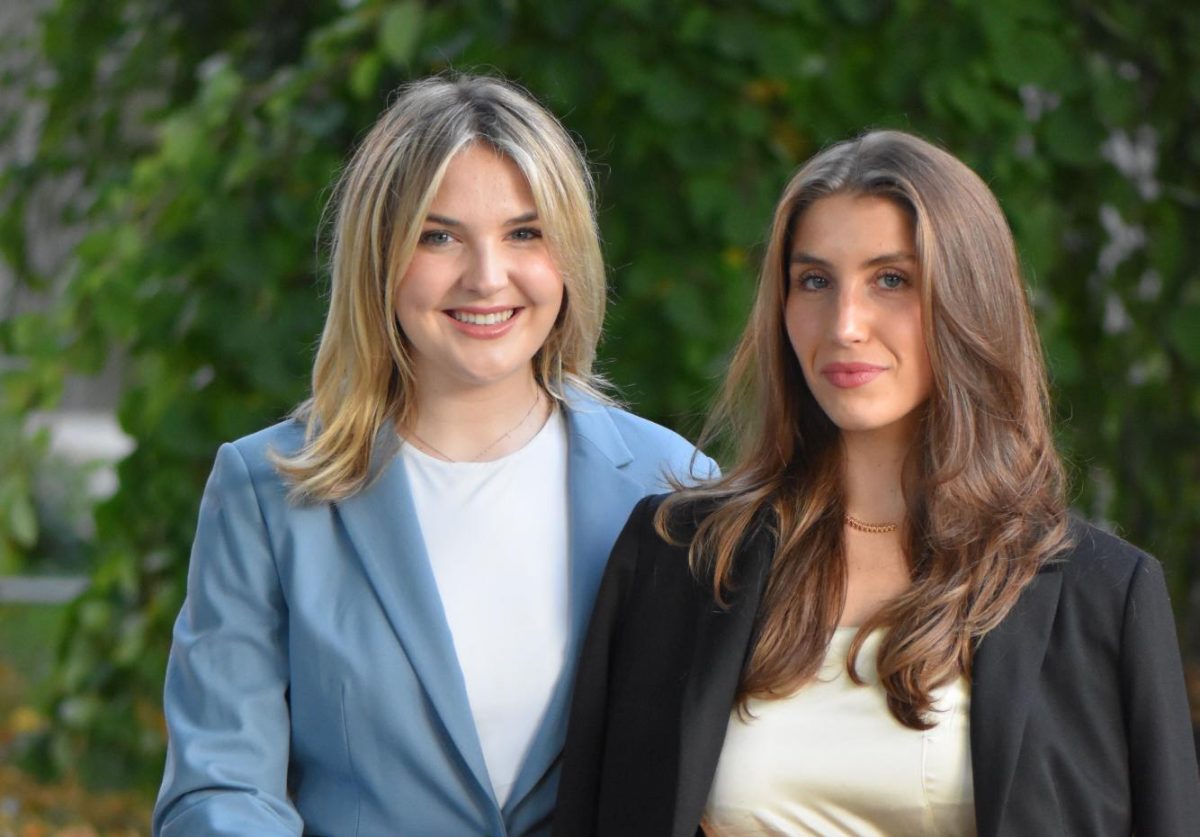Almost everyone today is familiar with the most common terms of discrimination from racism to sexism to religious prejudice. But how many of us are as familiar with Audism, the term for discrimination or prejudice against the Deaf and hard of hearing? While Audism is glaringly omitted from even Webster’s Dictionary, it affects every member of the Deaf community. American society has made significant strides to prevent many forms of discrimination.
But, there is one obvious exception. The Deaf Community remains relatively isolated from the rest of our society.
In order to understand Audism, it is important to understand the Deaf community victimizes. The Deaf community consists of Deaf, hard of hearing, Deaf-Blind, late-onset Deaf and hearing people.
Hearing people who are part of the Deaf community include American Sign Language students at Northeastern University and elsewhere, professional interpreters, and people working closely with members of the Deaf community in a certain capacity such as psychologists, lawyers and linguists just to name a few. That is not to say these people automatically belong to the Deaf community.
Members of the Deaf community share common values and believe that if given an opportunity, Deaf and hard of hearing people can really do anything except hear.
ASL-interpreted events account for barely a blip in the neverending list of activities that occur in Boston each week.
In fact, it is considered progress in this regard if there is even one closed-captioned movie per month at some obscure theater in the vast city of Boston.
Most businesses do not even have TTY calling accessibility and the perception of Boston as a friendly hub of entertainment becomes quite a myth for those who are Deaf and hard of hearing.
To make matters worse, events publicized as being ASL-interpreted often are not.
This past Friday, the Museum of Science held its monthly lecture event sponsored by the Lowell Institute.
Its Web site states that each lecture in this year-long series will be accompanied by ASL interpretation.
If you had called their offices earlier in the day on Friday, you would have been told that in fact the event would be ASL interpreted. Yet, there was no ASL interpretation at this event.
When the event’s director was asked if an ASL interpreter was present, she replied that none had been available.
For ASL students from Northeastern University and other local ASL programs, this meant expending an hour of time and the cost of bus fare for nothing. However, for Deaf and hard of hearing people in attendance, the cost was much higher.
It marked yet another slap in the face by the callousness of people in the hearing community.
According to Elizabeth Lucey, a first year faculty member of Northeastern University’s ASL program and ASL Lecturer, “This is a common occurrence. More than people realized. If this problem persists, countless members of the Deaf community wouldn’t be able to reap the perks of an educational opportunity or enjoy entertainment venues as their hearing counterparts. Something needs to be done to address this issue properly and in a timely manner.”
It is important for those planning events to remember that when an event is publicized as ASL-interpreted, some people in attendance may require that interpretation in order to participate. Thus, acquiring an ASL interpreter should not be an after-thought. In fact, the event should not be advertised as ASL-interpreted until an interpreter has in fact been scheduled for the date of the event. After all, you would not advertise an event before the speaker had been hired, would you?
While properly planning in this manner makes sense to most of us, the real change will not come until the hearing community genuinely recognizes the presence and value of the Deaf community in our society. Members of the Deaf community are our brothers, our sisters, our teachers, and our friends. It should not be foreign to consider their needs as we would our own.
The Deaf community is fully capable of planning their own events and fulfilling their own needs. But the hearing community as a whole will be missing out tremendously if we continue to brush this group collectively to the side. In the end, it is the hearing community that will suffer the greatest loss. That is the true price of Audism.
— Jessica Cassady is a sophomore psychology and English major.









